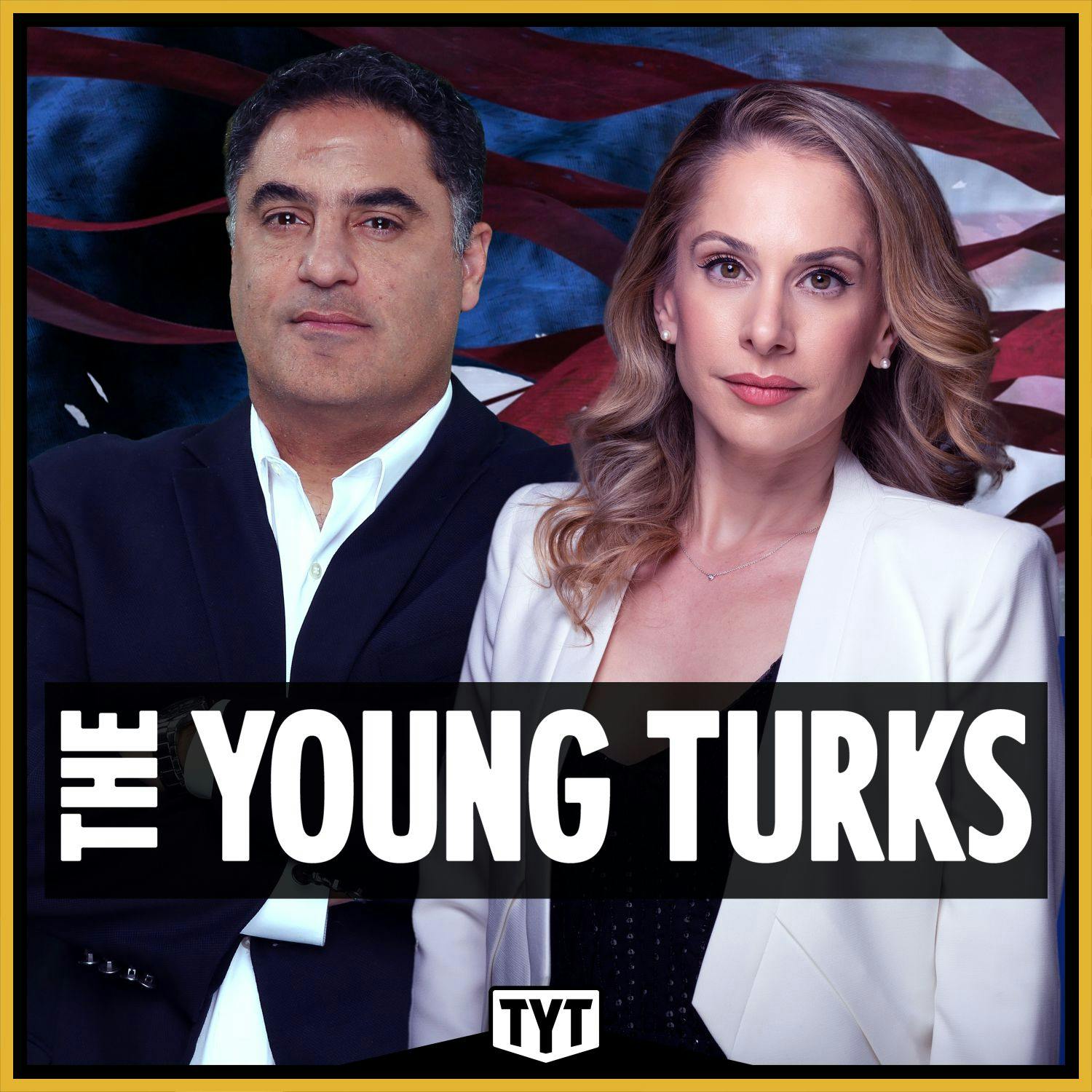PortalsOS
Related Posts
Vote to see vote counts
Criticism of Israel is often met with accusations of anti-Semitism, stifling open debate on US foreign policy.

Telling everyone that all anti-Zionism is anti-Semitism is wrong, or passing BDS laws across the country that essentially limit criticism of Israel. Why is it that people like you and I can be more critical of the U.S. government than the Israeli government in certain settings?
Criticism of Israel is often silenced by accusations of anti-Semitism, preventing honest geopolitical discussions.

Cory Booker is criticized for his connections to AIPAC, having received $871,563 from the Israeli lobby. This financial relationship raises questions about his political motivations and integrity.
The strategy of calling right-wing critics of Israel anti-Semites is backfiring, as it alienates potential allies and fuels further criticism.

The Israeli government's approach to criticism, including labeling critics as anti-Semitic, is losing effectiveness, especially among right-wing voices in the U.S.
The accusation of anti-Semitism is being used to silence critics of Israel, a tactic that is losing effectiveness as more people speak out.
The tactic of labeling critics as anti-Semites is backfiring, as it alienates both left and right-wing audiences who are critical of Israeli policies.

The conversation about Israel on social media is polarized, with one side equating criticism of Israel to anti-Semitism and the other side being openly anti-Semitic.